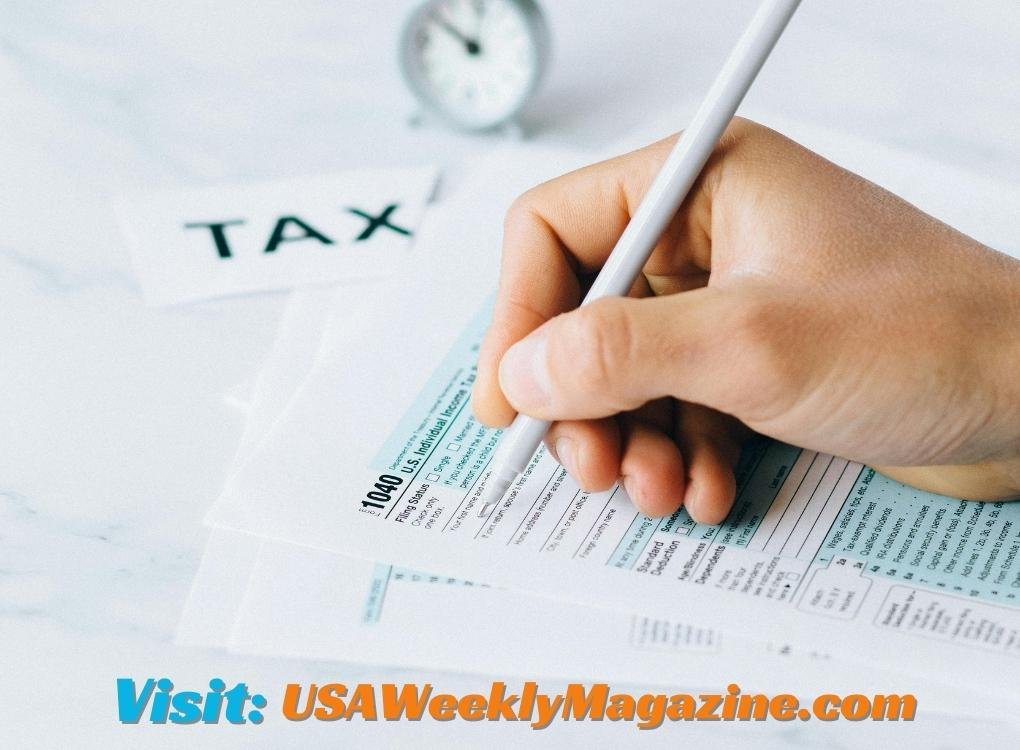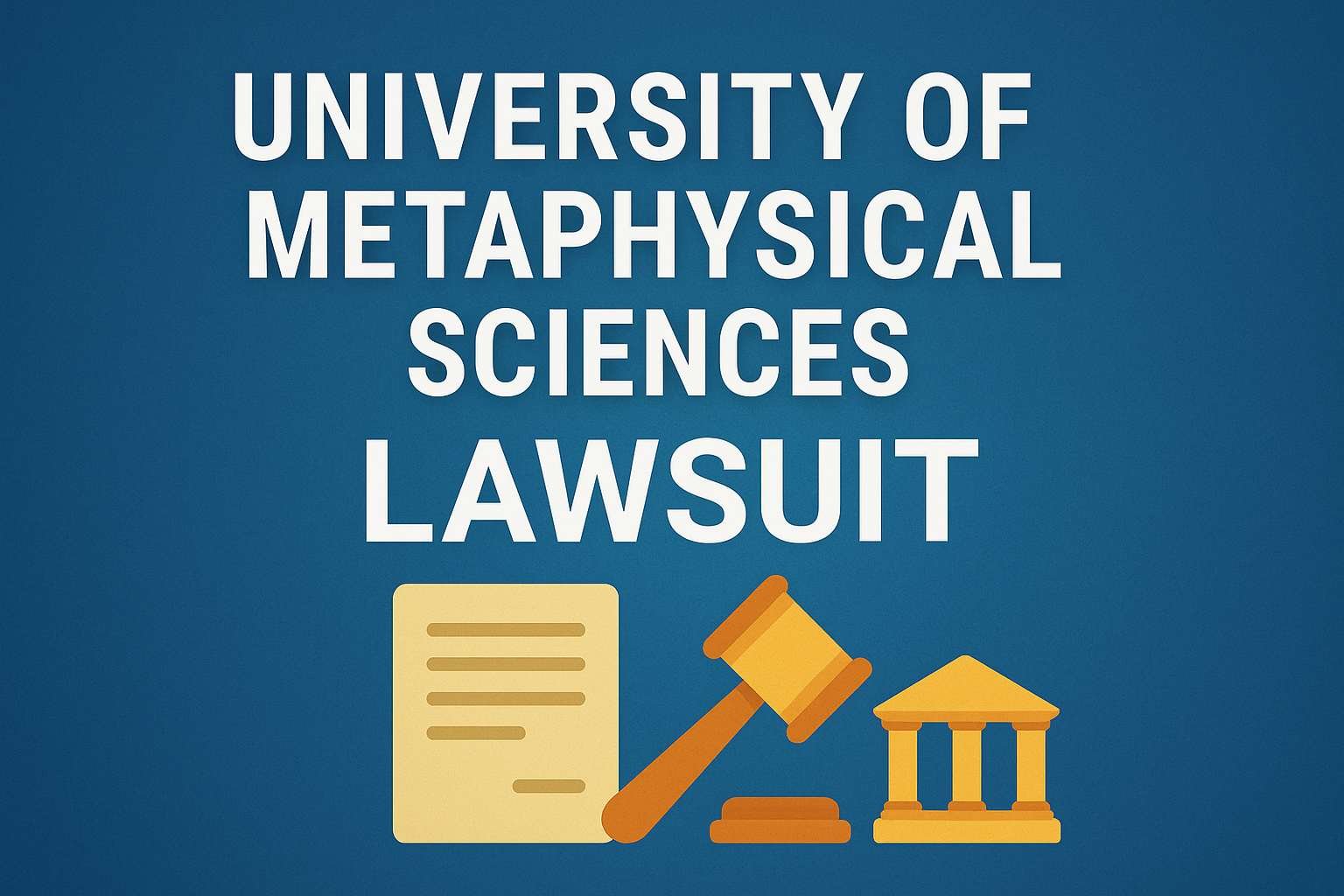Top 5 Must-Know Facts About County of San Francisco Property Tax!
County of San Francisco property tax is a vital aspect of financial life for residents and businesses in this iconic city. San Francisco, known for its stunning Golden Gate Bridge, vibrant culture, and diverse communities, has a complex property tax system that influences homeowners, potential buyers, and business owners alike. Understanding the property tax San Francisco system is essential for effective financial planning and management. In this comprehensive guide, we will explore everything you need to know about property taxes in San Francisco, from basic concepts to recent changes and their impact on the community.
Table of Contents

1. The Basics: Understanding San Francisco Property Taxes
What Are Property Taxes and Why Do They Matter?
Property tax San Francisco refers to the mandatory levies imposed on property owners by local government entities. These taxes play a crucial role in funding essential services such as education, public safety, and infrastructure maintenance. For property owners in the city of San Francisco property tax system, understanding how these taxes are calculated and their implications is vital for financial well-being.
How Are Property Taxes Calculated in San Francisco?
The calculation of the County of San Francisco property tax follows a specific method:
- Assessment: The County Assessor determines the assessed value of your property.
- Tax Rate Application: This assessed value is then multiplied by the San Francisco property tax rate to determine the total tax due.
For example, if your property’s assessed value is $1,000,000 and the san francisco property tax rate is 1.17769382% (the rate for fiscal year 2023-2024), your annual property tax would be $11,776.94.
The Impact of Proposition 13
One cannot discuss the property tax in the county of San Francisco without mentioning Proposition 13. Passed in 1978, this landmark legislation has significantly shaped California’s property tax system, including San Francisco’s. Here are the key points:
- It caps the basic property tax San Francisco rate at 1% of the property’s purchase price or assessed value.
- It limits annual increases in assessed value to a maximum of 2% unless there is a change in ownership or significant new construction.
This system creates a “lock-in effect,” where long-term property owners often benefit from lower taxes compared to new buyers, as their properties are assessed at older, lower market values.
2. San Francisco Property Tax Rates: How Do They Compare?
Current Property Tax Rates in San Francisco
For the fiscal year 2024-25, the secured San Francisco property tax rate in San Francisco is 1.17143563%. This rate is subject to annual adjustments based on the city’s budgetary needs. It’s important to note that this rate is slightly above the base 1% rate mandated by Proposition 13, reflecting additional voter-approved taxes and levies that fund local services and infrastructure.
How San Francisco Compares to Other Cities and Counties
When comparing property tax San Francisco rates to other areas, we find:
- San Francisco’s median property tax rate of 1.23% is higher than both the national median of 0.99% and the California state median of 1.21%.
- Compared to Sacramento, San Francisco’s property tax rate is approximately a quarter to a half per cent higher.
- San Diego’s property tax rate is more than half a per cent lower than San Francisco’s.
- Within San Mateo County, Daly City has a higher property tax rate at 1.88%, compared to San Francisco’s median rate of 1.23%.
- Other California counties, such as Modoc and Sierra, have effective property tax rates around 1.00% and 0.99%, respectively, which are lower than San Francisco’s rate.
While San Francisco’s city of San Francisco property tax rates are among the highest in California, they are not the highest in the nation. For instance, some areas in New York State and Milwaukee, WI, have property tax rates exceeding 3%, which are significantly higher than San Francisco’s.

3. Key Dates and Deadlines: Don’t Miss These Important Property Tax Milestones
Understanding the property tax calendar is crucial for the County of San Francisco property tax owners to avoid penalties and manage their finances effectively. Here are the key dates and deadlines to remember:
Payment Deadlines
Property tax San Francisco payments are due in two instalments:
- First Installment: Due on November 1 and becomes delinquent after December 10.
- Second Installment: Due on February 1 and becomes delinquent after April 10.
Penalties for Late Payment
If you miss these deadlines, you’ll face penalties:
- A 10% penalty is added for late payments.
- Additional fees apply if the second instalment is not paid by the deadline.
Assessment Appeals
If you believe your property has been incorrectly assessed, you can file an appeal:
- The filing period for a formal appeal is from July 2 to September 15 each year.
- You must submit a completed Assessment Appeal Application along with a non-refundable $60 processing fee by the deadline.
Informal Review Period
For single-family residential property owners, there’s an alternative to formal appeals:
- You can request an informal review of your property’s assessed value from January 2 through March 31 each year.
Exemption Application Deadlines
Various exemptions are available to eligible property owners:
- The deadline for filing for most exemptions is February 15.
- Some exemptions, like the homeowners’ exemption, can be filed at any time but may only be applied to future tax years if filed after the February 15 deadline.
4. Exemptions and Special Cases: Could You Qualify for Property Tax Relief?
San Francisco offers several property tax exemptions and special programs that can reduce or eliminate the obligation to pay property taxes for certain qualifying properties. Here’s what you need to know:
Homeowners’ Exemption
If you own and occupy your home as your principal place of residence, you may be eligible for an exemption of up to $7,000 off the property’s assessed value. This can result in property tax savings of approximately $70 to $80 annually.
Disabled Veterans’ Property Tax Exemption
Veterans who use their property as their principal place of residence may qualify for this exemption, which can exempt part or all of the property’s value from taxation.
Non-Profit and Religious Exemptions
- Church Exemption: Properties used exclusively for religious worship, including buildings, land, and equipment, may qualify for a full exemption from property taxes.
- Non-Profit Exemption: Real and personal property owned and used exclusively by non-profit organizations for religious, scientific, hospital, or charitable purposes may be exempt from property taxes.
Fishing Exemption
Owners of commercial fishing boats may be eligible for a reduced assessment.
State Controller’s Property Tax Postponement Program
This program allows eligible homeowners who are seniors, blind or cannot defer current-year property taxes if they meet certain criteria. Applications are available in September of the next tax year.
Proposition 8 Temporary Reduction
Under Proposition 8, property owners can request a temporary reduction in assessed value when the market value of a property falls below its factored base year value as of the January 1 lien date.

5. Recent Changes and Future Proposals: Staying Ahead of the Curve
The property tax landscape in San Francisco is continually evolving. Here are some recent changes and upcoming proposals that property owners should be aware of:
Recent Changes
- Proposition C – Property Transfer Tax Waiver: Approved in March 2024, this waives the real property transfer tax for the first five million square feet of nonresidential space converted to residential use. This measure aims to address the city’s housing shortage and high office vacancy rates.
- Empty Homes Tax (EHT) Ruling: On October 31, 2024, the San Francisco Superior Court ruled that the Empty Homes Tax violates federal and state constitutions. As of December 6, 2024, the city is prohibited from enforcing or administering the tax. However, the city plans to appeal this decision.
- Proposition B – Healthy, Safe, and Vibrant San Francisco Bond: Passed in November 2024, this includes up to $41 million in funding to improve and modernize public spaces in Downtown San Francisco.
Upcoming Proposals
- Proposed Business Tax Amendments: A proposed initiative aims to amend the Business and Tax Regulations Code, effective January 1, 2025. This proposal includes significant tax cuts for small businesses while potentially increasing taxes for retailers and biotech companies.
- Senate Bill 1227: Introduced by Senator Scott Wiener, this bill aims to facilitate residential conversion projects by creating a new CEQA exemption for student housing and qualifying residential mixed-use projects in the Downtown Revitalization Zone. It also proposes a state property tax exemption for moderate-income housing in this zone.
- Priority Permit Processing for Student Housing: In October 2024, the Planning Department will launch priority permit processing for student housing developments, aiming to attract higher education campuses to San Francisco.
You may like to explore more interesting article on USAWeeklyMagazine! 5 Essential Must-Know Facts About ‘Annual Austin Festival for Short NYT’ – Is It True? Uncover Everything About ‘Annual Austin Festival for Short NYT’ – A Top Pick for Festival Enthusiasts!
6. The Impact of Property Taxes on San Francisco Residents and Businesses
Impact on Residents
- Predictability and Stability: Thanks to Proposition 13, San Francisco residents benefit from a degree of predictability in their property tax obligations. The annual increase in assessed property value is capped at 2% or the rate of inflation, whichever is lower unless there’s a change in ownership or significant property improvements. This cap helps homeowners manage their financial planning by preventing sudden spikes in the county of San Francisco property tax rates.
- Exemptions and Deductions: Residents can take advantage of several exemptions and deductions to reduce their property tax burden in San Francisco. The homeowner’s exemption, for instance, allows eligible homeowners to deduct a certain amount from their assessed value, providing valuable tax relief.
- Appeals Process: Homeowners who disagree with their property’s assessed value can challenge it through an appeals process. This involves submitting evidence, such as recent comparable sales data or documentation of property defects, to support their claim.
Impact on Businesses
- Higher Tax Rates for Commercial Properties: Commercial properties in San Francisco typically incur higher tax rates compared to residential properties. This difference can represent significant annual expenditures for business owners, impacting their overall financial planning and operational costs.
- Recent Changes in Business Taxation: Recent changes, such as those introduced by Proposition M, have altered the business tax landscape in San Francisco. These changes include increased tax rates for the Gross Receipts Tax and Homelessness Gross Receipts Tax, as well as adjustments in apportionment weighting.
- Strategic Tax Planning: Businesses are encouraged to engage in strategic tax planning to minimize their tax liabilities. It includes regularly reviewing property valuations, understanding available exemptions, and working with tax appeal consultants.
Broader Economic Implications
- Revenue for Public Services: The County of San Francisco property tax revenue is a significant source for local governments, funding essential services such as education, public safety, and infrastructure maintenance. This revenue is crucial for maintaining the quality of life in San Francisco and supporting the city’s economic growth.
- Impact on Real Estate Market: The property tax system, particularly the limitations imposed by Proposition 13, influences the real estate market by affecting property values and transaction dynamics. While it provides stability for existing homeowners, it can also lead to disparities in tax burdens between newer and long-term property owners.
- Challenges and Opportunities: The evolving San Francisco property tax rate landscape presents both challenges and opportunities for San Francisco. As the city’s economy and infrastructure continue to develop, stakeholders must stay informed about policy changes and potential reforms to navigate the complexities of the property tax system effectively.

7. Frequently Asked Questions About San Francisco Property Taxes
To help you navigate the complexities of the county of San Francisco property tax, here are answers to some frequently asked questions:
1. What is the current property tax rate in San Francisco?
The effective San Francisco property tax rate in San Francisco averages around 1.3% of your home’s purchase price. For the fiscal year 2024-25, the secured property tax rate is 1.17143563%.
2. How is the taxable amount of my San Francisco home value assessed?
Property tax San Francisco is based on the assessed value of the property, which includes the base 1% rate, voter-approved bonds, and fixed-charge special assessments.
3. When are property tax payments due in San Francisco?
City of San Francisco property tax payments are typically due twice a year, in the spring and fall. Specifically, the first instalment is due on November 1 and becomes delinquent after December 10, while the second instalment is due on February 1 and becomes delinquent after April 10.
4. What happens if I miss the property tax payment deadline?
If you miss the payment deadline, a 10% late penalty and applicable fees will be charged. Additionally, a $50.00 payment failure fee (“NSF”) will be applied if the payment is submitted after the deadline.
5. Can I appeal my property tax assessment if I believe it is incorrect?
Yes, you can file an assessment appeal if you believe your property’s assessed value is incorrect. The appeal process involves submitting an Assessment Appeal Application and a $60 processing fee. The filing period for a formal appeal is from July 2 to September 15 each year.
6. What is an unsecured property tax?
Unsecured property tax refers to taxes on property that is not secured by real estate, such as business personal property, boats, berths, or possessory interests.
7. Are there any exemptions available for property taxes in San Francisco?
Yes, there are several exemptions available, including the homeowners’ exemption, disabled veterans’ exemption, and exemptions for non-profit organizations and religious institutions.
8. How can I pay my property taxes?
County of San Francisco property tax payments can be made online, by mail, or in person during specified times for cash payments. Paying online or by mail is recommended to avoid in-person transactions.
9. What should I do if I am unable to pay my property taxes due to financial hardship?
If you are unable to pay on time due to COVID-19 or other reasons, you can submit a request for a penalty waiver online after the property tax deadline.
10. How can I view my property tax payment history?
You can view your payment history online by entering your block and lot or property address and selecting the payment history tab.

Conclusion: Navigating the San Francisco Property Tax Landscape
Understanding the county of San Francisco property tax is crucial for both residents and businesses in the city. From the basic concepts shaped by Proposition 13 to recent changes and future proposals, property tax in San Francisco plays a significant role in shaping the financial landscape of San Francisco.
Key takeaways include:
- The current San Francisco property tax rate is higher than both the national and California state medians.
- Various exemptions and special programs are available to eligible property owners, potentially reducing their tax burden.
- Recent changes and proposals aim to address challenges such as housing shortages and economic stimulation.
- The impact of property taxes extends beyond individual property owners, influencing the broader real estate market and funding essential public services.
As San Francisco continues to evolve, staying informed about the city of San Francisco property tax regulations, deadlines, and changes is essential for effective financial planning and management. Whether you’re a long-time resident, a new homeowner, or a business owner, understanding the nuances of San Francisco’s property tax system will help you navigate this complex landscape more effectively.
Remember to consult with tax professionals or visit the San Francisco County Assessor-Recorder’s official website for the most up-to-date information and personalized advice regarding your specific property tax situation. By staying informed and proactive, you can better manage your property tax obligations and contribute to the continued growth and development of this vibrant city.
Read more captivating content and uncover fascinating insights on USAWeeklyMagazine!











